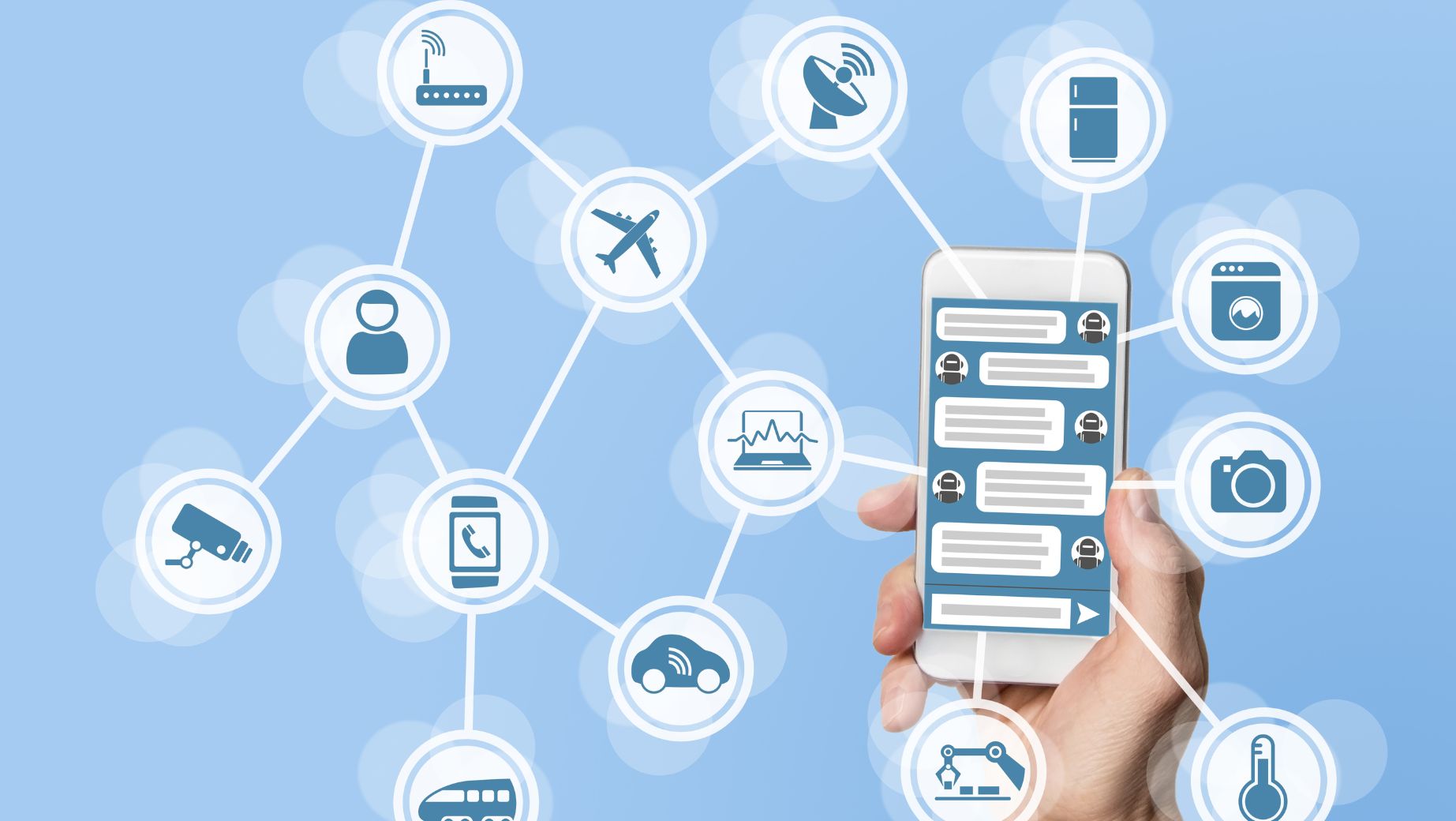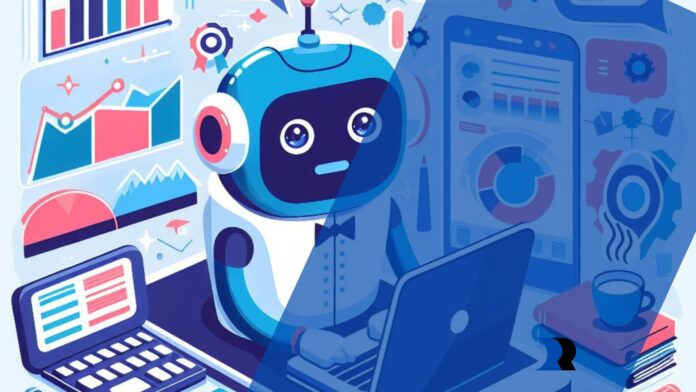As a computer program, a chatbot is designed to stimulate conversation with users. Using natural language processing (NLP), the chatbot understands and responds to user queries. It provides an interactive and responsive experience for customers. In the digital age, a chatbot is frequently used in digital marketing, especially for efficient interaction.
In digital marketing, a chatbot can automate routine tasks such as answering frequent queries or collecting data from customers’ preferences through conversation. This innovative technology can be applied to several platforms, like the chatbot for whatsapp, companies’ websites, or Facebook. However, Chatbot still has the risk of miscommunication; thus, it has to improvise periodically.
On the other hand, to avoid this possibility of error, businesses need to implement a chatbot strategically. Making the right balance between human touchpoints and the latest technology. Although besides emphasizing efficiency, implementing a chatbot means businesses need to maintain an ethical approach.
Adaptability and Learning Curve of Chatbot
A chatbot can be integrated with many other messenger platforms. However, AI-generated chatbots provide a better experience than rule-based chatbots. The AI chatbot is more adaptable and has the ability to learn curves.
The adaptable chatbot is crucial to the marketing strategy to create a great customer experience. For example, chatbots with WhatsApp integration are currently the newest innovation that is widely used. Because apart from the familiar user interface, many people use WhatsApp as part of their daily activities.
Assessing The Learning Curve For Interacting With Chatbots
Even though chatbots are a sophisticated innovation, implementing them in business strategic steps is needed. Because a chatbot may be too rigid in answering questions, businesses must continue to observe how users respond to the implementation of the chatbot.
For example, by asking for feedback at the end of the conversation session to assess whether the chatbot can help them or not. You can also integrate the chatbot with familiar messenger applications such as Facebook Messenger, email, WhatsApp, or SMS.
If it’s still in the early stages and users still feel unfamiliar with using chatbots, provide brief instructions on how to use them. This tutorial is usually very helpful for older users who may have difficulty operating a technology.
Potential Customer Frustration And Dissatisfaction
Apart from observing the customer’s learning curve, businesses must also be aware of the difficulties and challenges that customers may face. This can be identified through the feedback they provide. However, in general, problems with using chatbots can include miscommunication, limited problem-solving, and a lack of emotion.

If a chatbot misidentifies a question, customers will likely have difficulty accessing the information. Likewise, if a chatbot fails to identify solutions to complex problems, this can impact the customer experience.
Unintended Consequences on Business Efficiency
The implementation of chatbots will clearly affect operational efficiency in business. Because work is automated, the team also becomes more productive doing other things rather than handling repetitive tasks.
However, this automation is not solely capable of replacing humans. Businesses must be careful and not become dependent on the use of automation. Because chatbots are still computer programs that do not have emotions like humans.
Streamlining Operations: The Boon And Bane Of Task Automation
Task automation does provide many benefits. Apart from work efficiency, automation can save operational costs so that companies can allocate funds to other things. Additionally, task automation using chatbots can offer customers 24-hour service, something that is obviously not possible with humans. In addition, automation enables the marketing team to send consistent and accurate content.
Beyond the benefits, there are undoubtedly drawbacks, particularly if the business depends excessively on task automation. Excessive automation can impact everything, from customer interactions to diminishing innovation.
It will reduce the personal feeling when interacting with customers, so this can reduce customers’ interest in your business. This can also affect business flexibility in dealing with changes, resulting in the use of chatbots becoming inefficient.
In addition, relying too much on automation can prevent new innovations from emerging, which can prevent businesses from developing and becoming more successful.
Analyzing The Need For A Human Touch In Critical Business Processes
It cannot be denied that humans are still needed in the process of implementing chatbots in digital marketing.

So, the marketing team must always observe what critical parts of the process still require humans in the operating system.
Here are some critical processes in business:
- Customer support: in this case, there is a possibility that the chatbot will have difficulty solving complex problems, so in this process, the role of humans is still very much needed.
- Strategic planning: It is related to future goals that must be met by the company, so the process still requires people so that the business continues to innovate.
- Innovative development: to create innovative products. Creative ideas are needed, and in the process, they are still needed so that companies can create products that suit the market.
- Customer Interaction: Chatbots for WhatsApp make marketing easier, but the changing nature of conversational interfaces makes it even more important for people to be involved to maintain emotional intelligence and provide a personalized experience.
Overall, using chatbots in digital marketing is a game-changer because it makes customers more interested and businesses more efficient. As we move through this ever-changing world, the benefits of real-time communication and 24/7 availability underline their positive effect on customer engagement.
As technology changes, it is important to look at it critically and be aware of the problems that could come up, like user trust issues, the need for adaptability, and ethical concerns. Businesses can use chatbots in a smart way to streamline operations, automate routine tasks, and make the best use of their resources by finding a balance between automation and human touch.
In the future of digital marketing, using chatbots wisely, based on good techniques and ethical principles, will continue to shape a landscape where technology and human expertise collaboratively drive business success.


